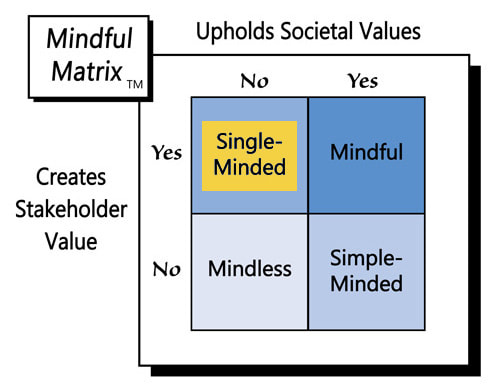If you haven’t experienced firsthand the chain that claims to be “the Pioneer of the Great American Burger,” you might be familiar with its sister brand, Hardee's, or you may have seen one of the many Carl’s Jr. ads that have aired nationally. More than burgers, Carl’s Jr. has become known for very sexually provocative TV commercials that show significant skin of young, attractive women, and little food.
Although it seems like the ads have been airing forever, Carl’s Jr.’s foray into promotional profanity began in 2005 with a 60-second spot that featured Paris Hilton in an extremely revealing bathing suit, washing a Bentley, while taking a brief bite out of a spicy barbecue burger. Over the next twelve years, dozens of other women reprised the same stereotypical role of sex object in a variety of settings, such as a volleyball court on the U.S.–Mexico border, a farm, and a football stadium. While some of the women were celebrities (e.g., Kate Upton, Heidi Klum, and Kim Kardashian), others were less famous women put in the same sorts of compromising positions.
As recently as this past fall, Carl’s Jr. was still airing sexually explicit ads. One of the last spots was for its Bacon 3-Way Burger, which featured three, similar-looking, bikini-clad, blond models, seductively cooking and feeding each other bacon. Meanwhile, background music set a very lascivious tone, including super-suggestive lyrics: ‘’Hey, girls whatcha doin’ this weekend? We should stay in and have us a threesome.”
Then, out of the blue, Carl’s Jr. did an about-face: no more sex in ads. When a friend of mine first told me of the change, I couldn’t believe it. I clicked on the link he sent me to a new 3-minute Carl’s Jr. commercial that presents a fictionalized reason for the reversal. To summarize the supposed story, Carl Hardee Sr. returns to the business, cleans up Carl Jr.’s philandering, and resumes control of the business with a back-to-basics focus.
Even after watching this spot, I was still incredulous, thinking that the new Carl’s Jr. promotion was probably just a ploy. However, I’ve since done more digging and found it’s true: The company has decided to stop using sexually explicit ads and to start emphasizing its products. The change is certainly a welcome one, but it also left me wondering ‘why'? More specifically, what caused Carl’s Jr. to make such a drastic course-correction?
I hoped to hear that the restaurant chain had realized the error of its ways—that it now understood the need to respect women rather than objectify them and that it no longer wanted to lead its largely young male target market into self-destructive and relationship-wrecking lust. Unfortunately, however, the motives for the change appear to be more self-seeking than other-oriented.
A recent Washington Post article shared excerpts of an interview with Jason Norcross, executive creative director and partner in 72andSunny, the agency responsible for Carl’s Jr. and Hardee’s advertising over the past eight years. In the interview, Norcross explained, “It was time to change. Those [sexually-charged] ads just weren’t driving business as they once did.” Norcross added that the chain, which had become better known for its advertising than for its food, needed to compete more effectively against companies like Shake Shack and Habit Burger Grill.
Carl’s Jr. and its ad agency can be commended for making a data-driven, results-minded business decision. Organizations need to consider relevant consumer behavior and competitive forces, then act strategically in order to stay afloat; otherwise, there are no products for customers or jobs for employees.
What’s disheartening, however, is that the company hasn’t shown any regret for its past, longstanding and destructive indiscretions. Yes, the fictionalized return of Carl Hardee Sr. is somewhat redemptive, but the ad’s humor (e.g., “then that lady got in there and her clothes flew off”) makes light of a truly reprehensible, twelve-year run of dehumanizing women and misguiding men.
What’s worse, there’s no indication, from Norcross’s comments or from the new commercial, that Carl’s Jr. would refuse to return to its prior salacious promotion if it appeared at some point that sex could again be used to sell hamburgers. If/when racy ads once more become effective in “driving business,” it looks like Carl’s Jr. would be back on board with super-sexed ads.
It’s good that the airwaves and other advertising spaces will be free of smutty spots from Carl’s Jr. for the foreseeable future and that there will be a proper focus on product, which may help the chain regain market share. It would be even better if the company had articulated genuine and serious support for societal values like decency and respect. It’s a tough call, but in lieu of such a commitment, Carl’s Jr. current strategy stays in the category of “Single-Minded Marketing.”
Learn more about the Mindful Matrix and Mindful Meter.
Check out Mindful Marketing Ads and Vote your Mind!




 RSS Feed
RSS Feed